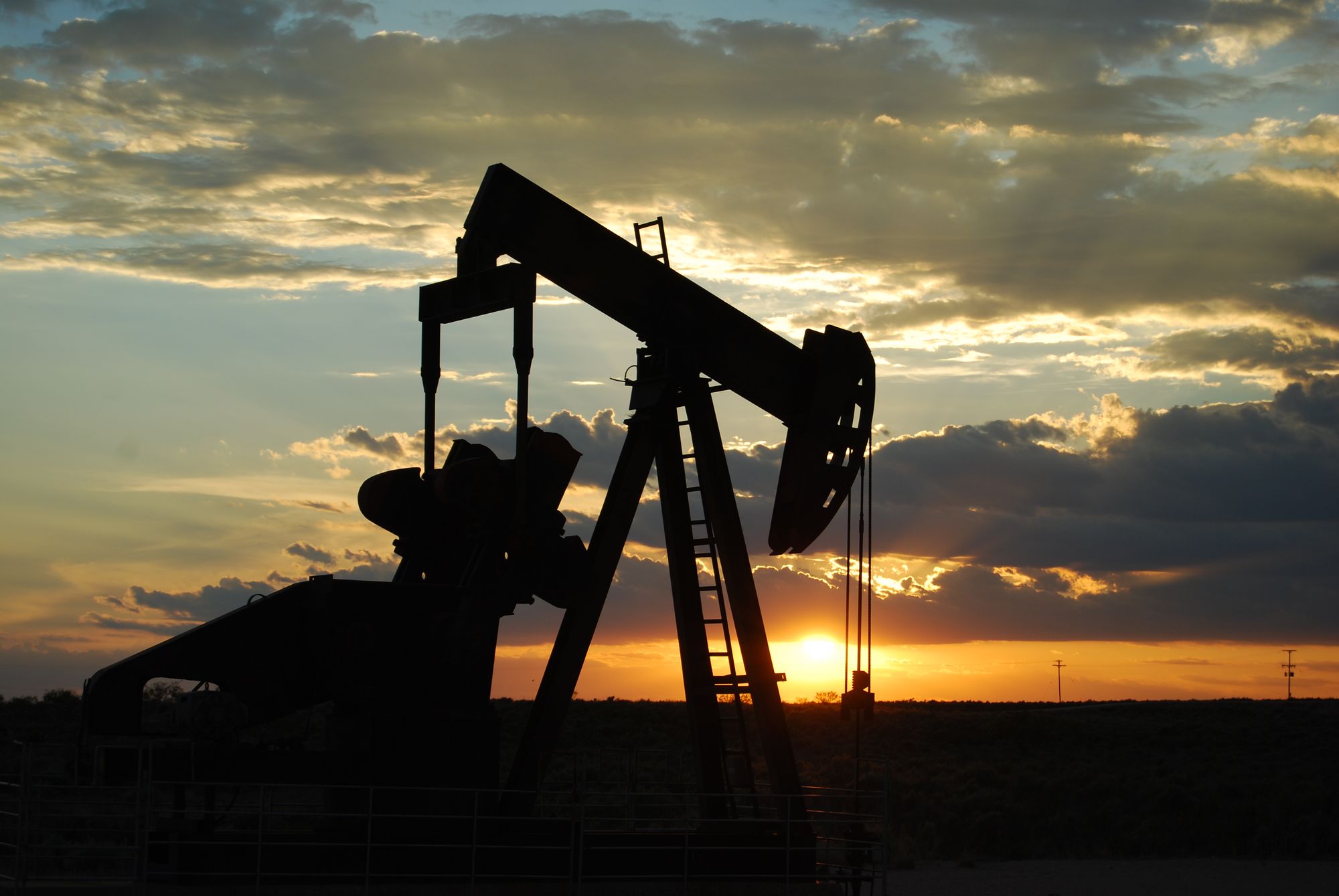I’m Isaac Saul, and this is Tangle: an independent, ad-free, subscriber-supported politics newsletter that summarizes the best arguments from across the political spectrum on the news of the day — then “my take.”
First time reading? Sign up here. Today's newsletter is a Friday edition for subcribers only.
Where we are.
One of the most common questions I've gotten in Tangle is something along the lines of this: "Is Joe Biden really to blame for gas prices?" Or, before Biden's presidency, "How much control does a president really have over gas prices?"
The answer, as you might guess, is complicated.
To contextualize why this question is so important, we should acknowledge this moment: In raw numbers, gas prices are hitting all-time highs. On March 11, the average price of a gallon of gas in the United States was $4.33. That came down to $4.28 on March 17, but before this month we had never seen average prices that high.
In historical terms, though, that number was still well off the all-time high when you adjust for inflation, mileage, and other ways to measure the price of gas. For instance, Rex Nutting explained in Market Watch that while prices are up, our income is up too, and so is the efficiency of cars. Once you adjust for the purchasing power of the dollar, inflation and the increased gas mileage of cars, things don't look that bad. In 1980 and 1981, for instance, people were paying 30 cents per mile they drove. For that to be the case today, the average price of gas would have to hit $7/gallon. Even just adjusted for inflation, average gas prices would have to hit $5.38 to match the 2008 high, which was only 14 years ago.
That's not to say this isn't a huge deal. A typical family in America could incur an extra $2,000 a year just from gas prices, according to one analyst’s estimate (to say nothing of inflation in other sectors). These prices are going to seriously hurt a lot of folks, and it's important to know why.
In this edition, I am going to try to explain how gas prices work. To do that, I’m going to tell you how we get gas in the first place and where the highest costs are incurred along the way. Then I’ll explain how prices got to where they are today, explore the arguments about how much blame President Biden deserves, and then share my thoughts on all of the above.
The oil.
To really understand how gas prices work, you first need to understand how gasoline is produced.
The gasoline that goes in your car comes from crude oil — the raw commodity we pull out of the earth. That's the dark, sludgy, black stuff you probably think of when you think of oil. You don't really need to know the science, but you do need to know that the first step in the price journey of gasoline is the pricing of crude oil.
Generally speaking, the price of crude oil is set by the global marketplace. It is the most widely traded commodity in the world, so the price is — as with most other things — driven by what people will pay for it, how much is being consumed, and the competition between various sources.
In 1960, the Organization of the Petroleum Exporting Countries (OPEC) was created to balance the power centers of this pricing. At the time, the U.S. dominated and fixed the global oil market, and OPEC was a way for crude oil exporters in the Middle East to get a say. Even now, the U.S. is still the top producer of oil worldwide. In 2020, we produced 20% of the world’s oil. Saudi Arabia produced 12% and Russia produced 11%.
Today, the members of OPEC are Algeria, Angola, Congo, Ecuador, Equatorial Guinea, Gabon, Iran, Iraq, Kuwait, Libya, Nigeria, Qatar, Saudi Arabia, United Arab Emirates and Venezuela. But there is also OPEC+, which includes non-permanent OPEC countries that also export crude oil. On that list is Azerbaijan, Bahrain, Brunei, Kazakhstan, Malaysia, Mexico, Oman, Russia, South Sudan and Sudan.
Over the years, OPEC and the U.S. have battled for leverage on pricing. When there is more oil being produced and exported among OPEC nations, OPEC has greater leverage. When there are oil booms in the U.S., the U.S. has greater leverage. There have been embargos and lawsuits, price manipulation and threats, and all sorts of contentious battles over who sets what pricing. Today, increased energy production in Russia, Canada, Africa, and Australia — along with higher oil consumption in China and India — has upended the traditional relationship. There are simply many more market powers at play than there were 50 years ago.
On the whole, in the decade between 2010 and 2020, the price of crude oil accounted for 56% of the price of gasoline.
So, at this point, we've got the crude oil out of the ground.
Refinement.
Gasoline is made by taking that crude oil and breaking it down into various petroleum products through a process called fractional distillation. Gasoline makes up about half of all the petroleum products that come from crude oil, given its widespread use. Other popular products derived from crude oil that you may know include diesel fuel (used more often in larger, long-haul engines), kerosene (for things like jet fuel and portable heaters), home heating oil (the distillate fuel used in boilers, furnaces and water heaters) and even some plastics.
